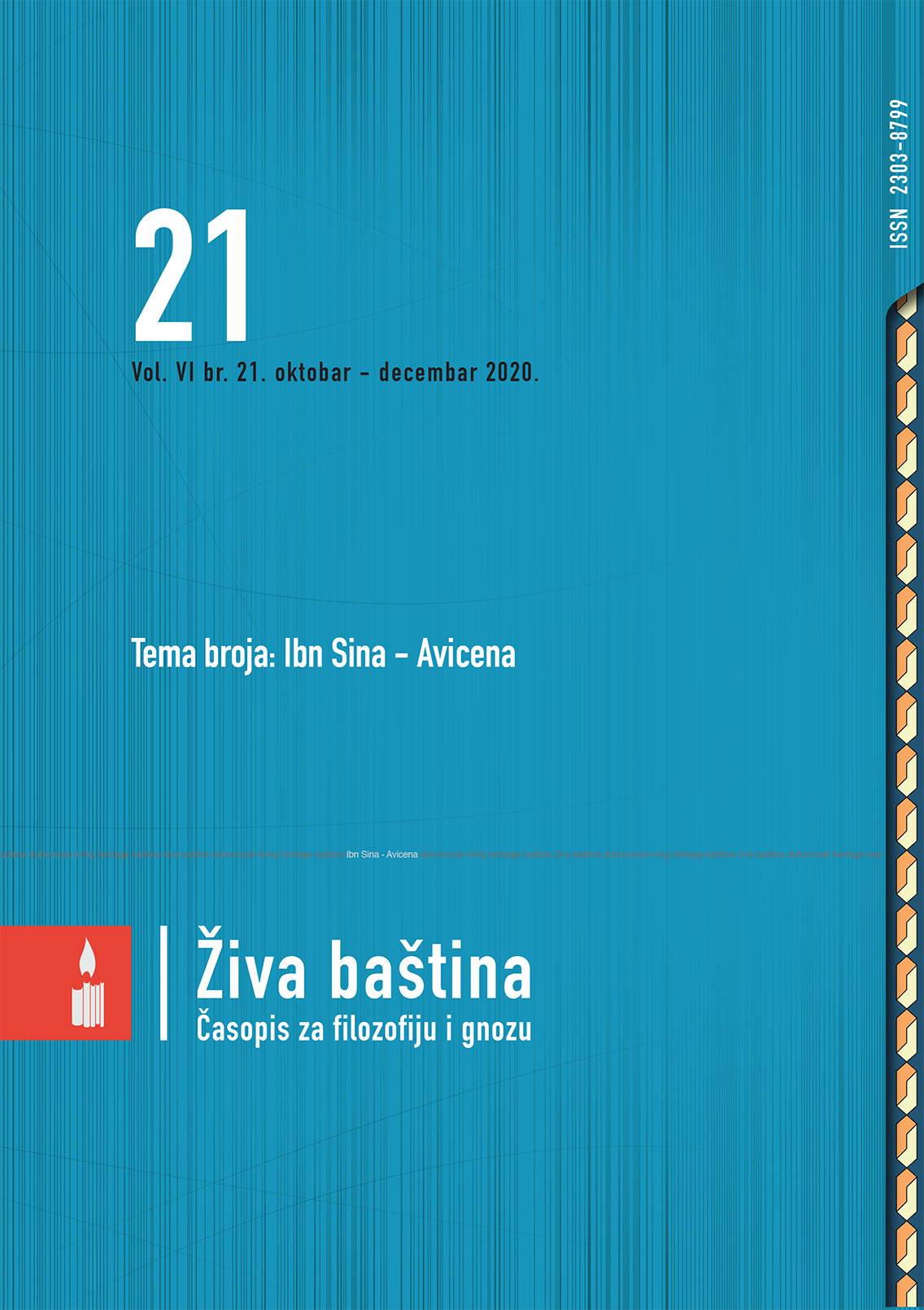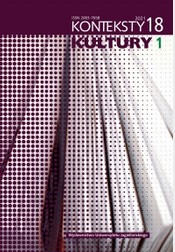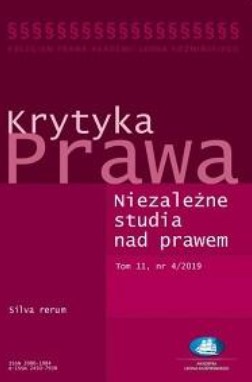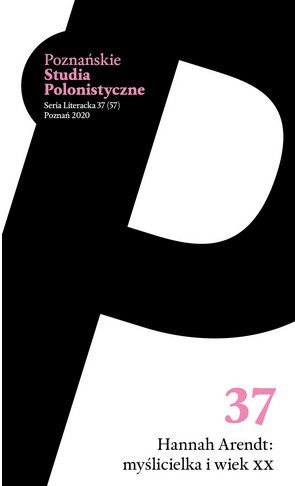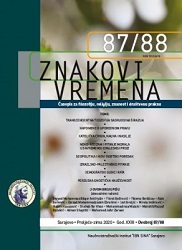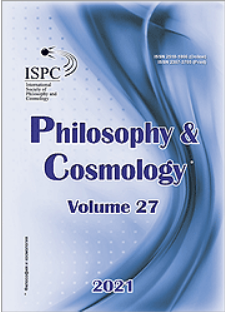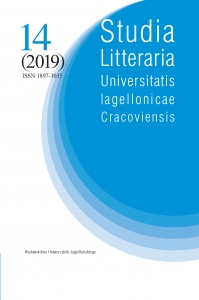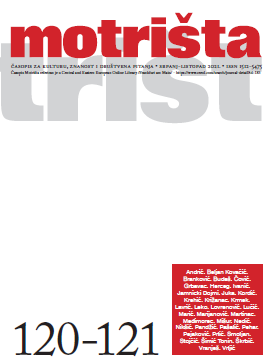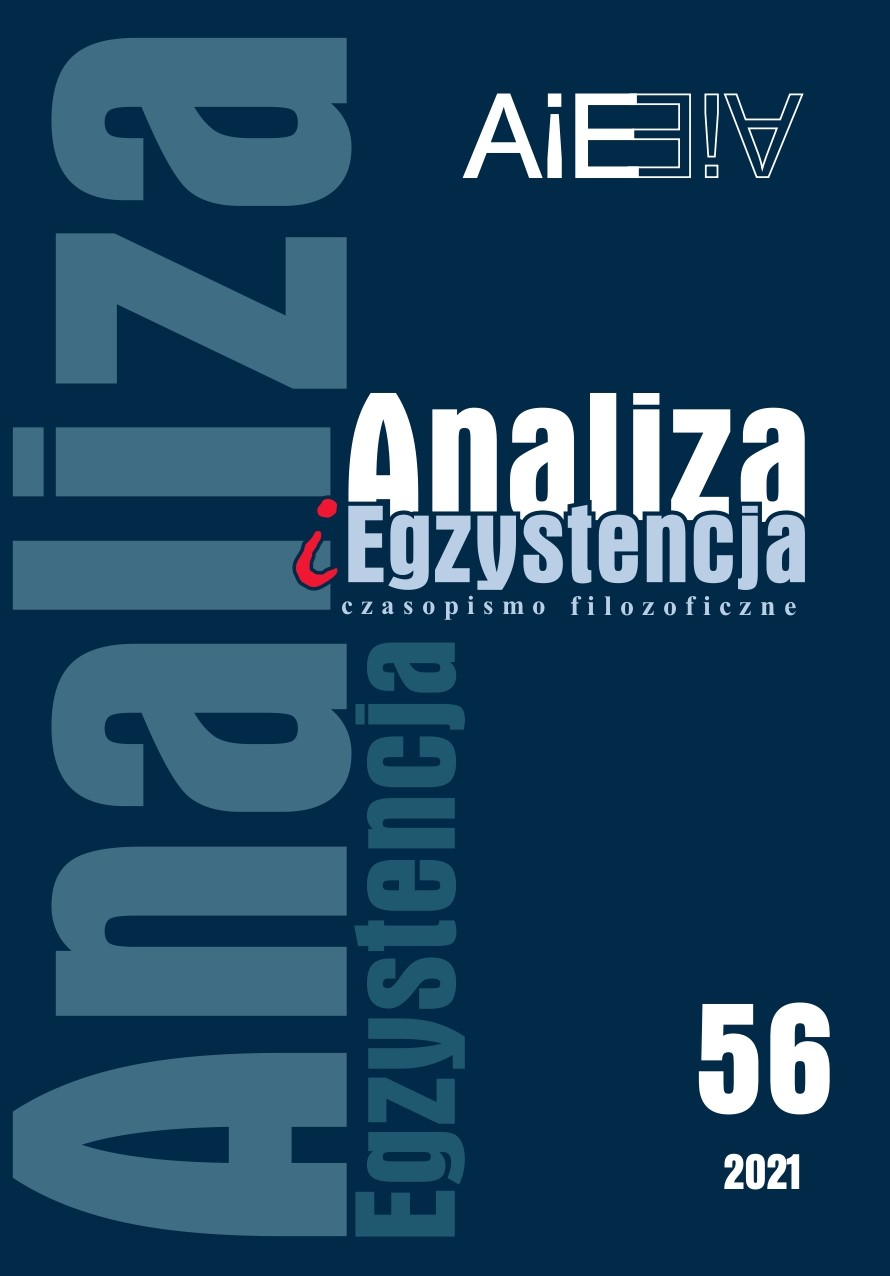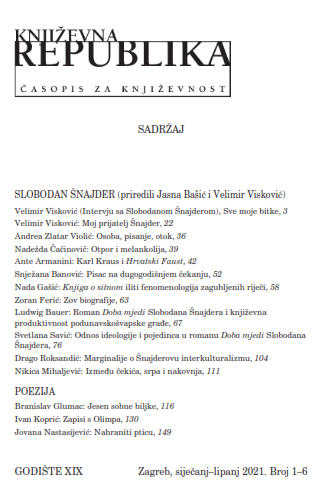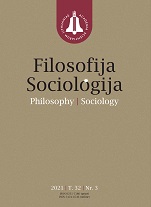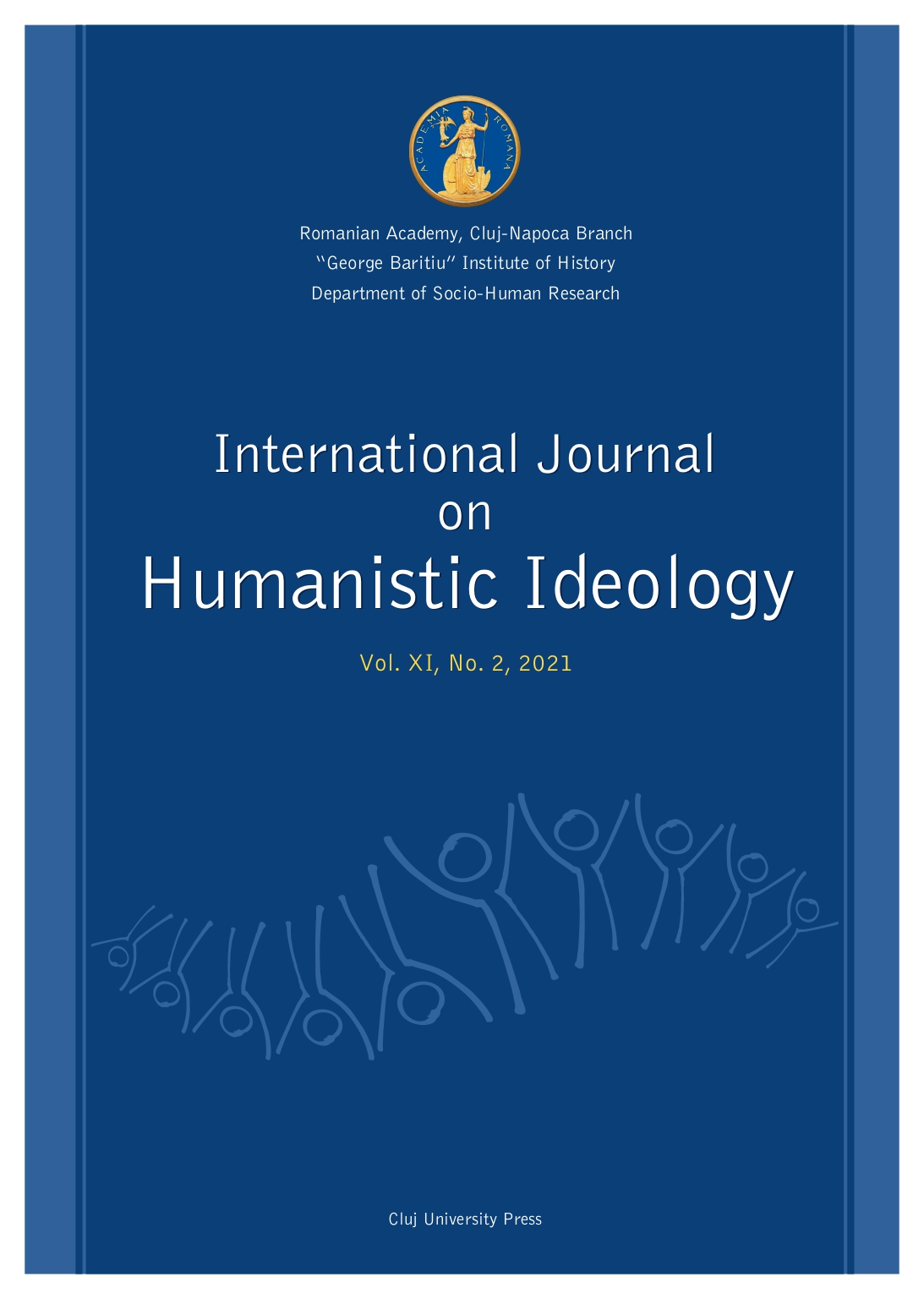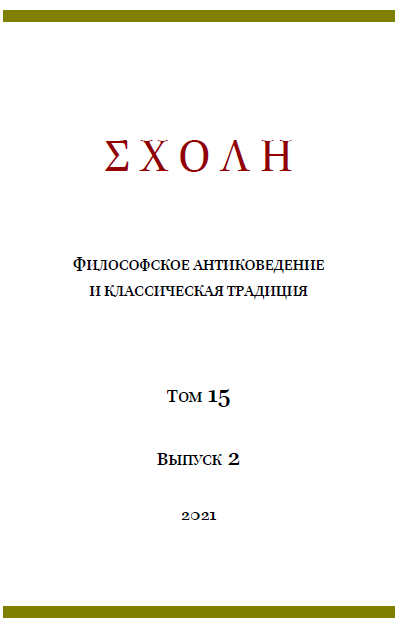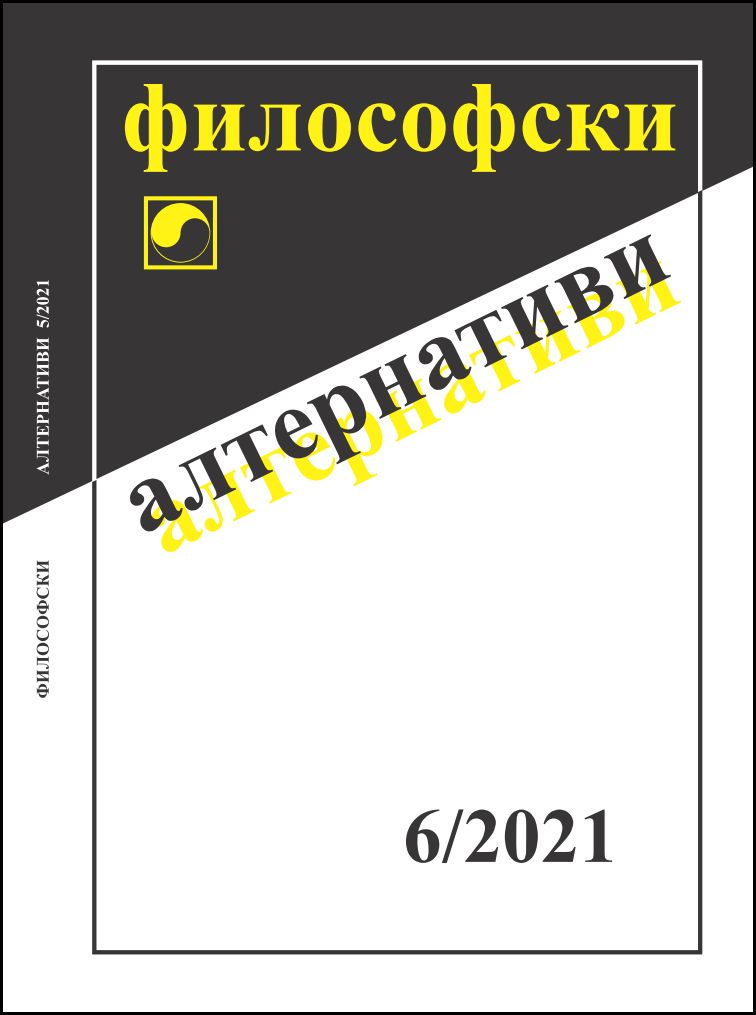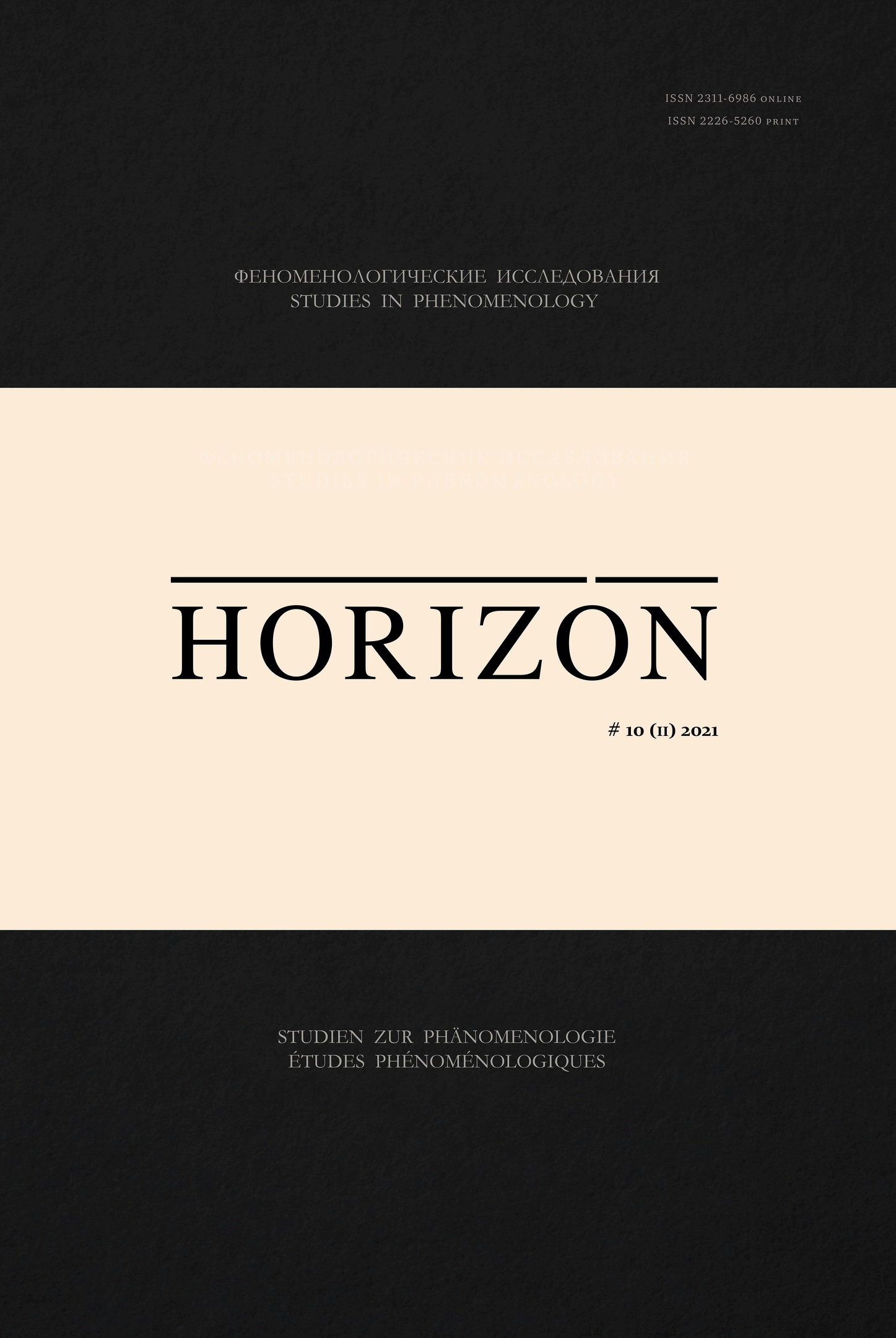Author(s): Zdravko Kordić / Language(s): Croatian
Issue: 120-121/2021
The mystery of the spirit and the spirit itself (spiritus) of the mysterious has been mentioned throughout the pre-Christian history, and especially Christianity itself is the central axis of the mystery of human mankind. God the Father, the Son and the Holy Spirit – the triune person is the first indication of something complex, something that can be even more complex than the mystical spirit; God, his brilliance; his omnipotence give us the strength to endure and look at the wounds of our living God Jesus Christ from the Christian point of view. Annunciation; the word is an indescribable mystery to be believed in if you are a Christian, it is not questioned – the service of the Blessed Virgin Mary for humanity to which she gave birth to the living God and by which Christianity is spiritually superior to all other religions shows and indicates the path of evangelization - where the Logos, the Word becomes God, it incarnated and eventually realized. Death, cruel and real, and the improbability of the resurrection for non-Christians - and the Resurrection and the return of Jesus among the disciples caused great enthusiasm. Is there a larger mystery? His journey to the Father, where he prepares place for his disciples and followers in Heaven, and then the Assumption of the Blessed Virgin Mary. Is there a larger mystery? The incarnation of the Catholic Church as the mystical body of Jesus; holy sacraments. Bread (host) and wine - as body and blood of Christ, the one who does not eat or drink from that tree, shall not have eternal life. Our ordinary mysteries are only a part of that Divine plan and cannot be measured in anything; particularly today; aspiration to the secularization of society and people - where the people embrace the " things they use", but without soul, spirit and spirituality they cannot survive - and what is more mystical than the Holy Spirit!? To conclude, many philosophers, theologians, poets, artists are the ones who praise and laud sacramentally and in their own artistic way - mysteriously and spiritually.
More...
